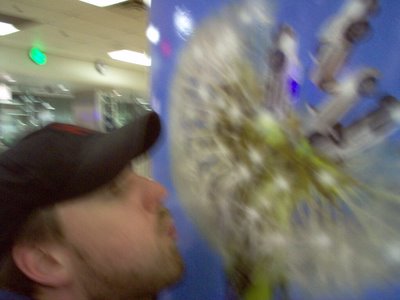The white tour bus, with 25 people onboard last August, was picking up speed as it headed down the hillside, barreling toward a 90-degree turn in the road more than a quarter-mile away.
"I thought, 'Are we going to die like that?' " said Chin, 52, an atmospheric scientist who lives in suburban Washington, D.C.
But in a dramatic twist of fate, a herd of yaks happened to be crossing the road at the time. The bus slammed into more than a dozen of the oxen, slowing the vehicle down, before it collided with a retention wall. Beyond the unfortunate yaks, there were no serious injuries. Chin was treated for minor cuts and bruises.
Months later, Chin considers herself incredibly lucky. But new data released last week highlights the perils of traffic safety for U.S. travelers abroad. Traffic crashes are the most common cause of non-natural deaths for American tourists, according to State Department data, more prominent than homicides, acts of terrorism or natural disasters.
Traffic crashes accounted for the deaths of 741 U.S. citizens traveling overseas from 2004-2006, or about one-third of the 2,364 deaths, according to an analysis of State Department data by the Make Roads Safe Campaign, an independent, nonprofit group funded by a charitable foundation in the United Kingdom dedicated to reducing global traffic deaths and injuries.
The group said the figures could be understated because some families may not report deaths to the State Department or some travelers may return for medical treatment and die in the United States. The report was issued last Wednesday as part of the first United Nations Global Road Safety Week.
Make Roads Safe: /www.make makeroadssafe.org/
Association for Safe International Road Travel : www.asirt.org/
Automobile use has expanded rapidly in many parts of the world where transportation was once confined to bicycles. China, for example, is now the second-largest vehicle market in the world and passenger car sales grew 37 percent there last year.
Traffic-safety experts say many American travelers overlook the dangers of road safety during their vacations and need to arrive at their destinations with more than just a packed suitcase, travel papers and vaccinations.
They should know about a country's road conditions, look into a travel company's safety record, avoid traveling at night and follow safety standards such as buckling up and not drinking and driving.
"Travelers indeed worry about malaria — all the diseases they can contract. They worry about terrorism, they worry about hooliganism, they worry about people taking their things," said Rochelle Sobel, president of the Association for Safe International Road Travel. "And they don't worry about the single greatest cause of death."
Sobel started her organization after her 25-year-old son, Aron, was killed in a bus crash in Turkey just two weeks before his medical-school graduation. Her association provides detailed reports on road conditions, dangerous highways and driver behavior for more than 150 countries.
Young adults can be particularly vulnerable. The World Health Organization reported last week that nearly 400,000 young people under 25 are killed in traffic crashes annually and car crashes are the leading cause of death worldwide for people ages 10 to 24.
Copyright © 2007 The Seattle Times Company

No comments:
Post a Comment